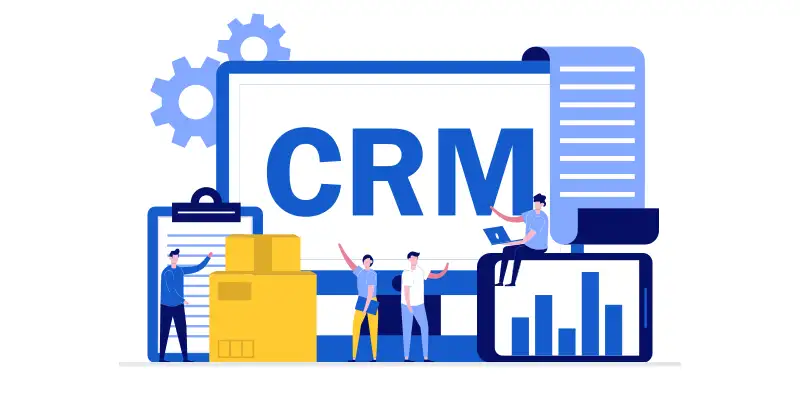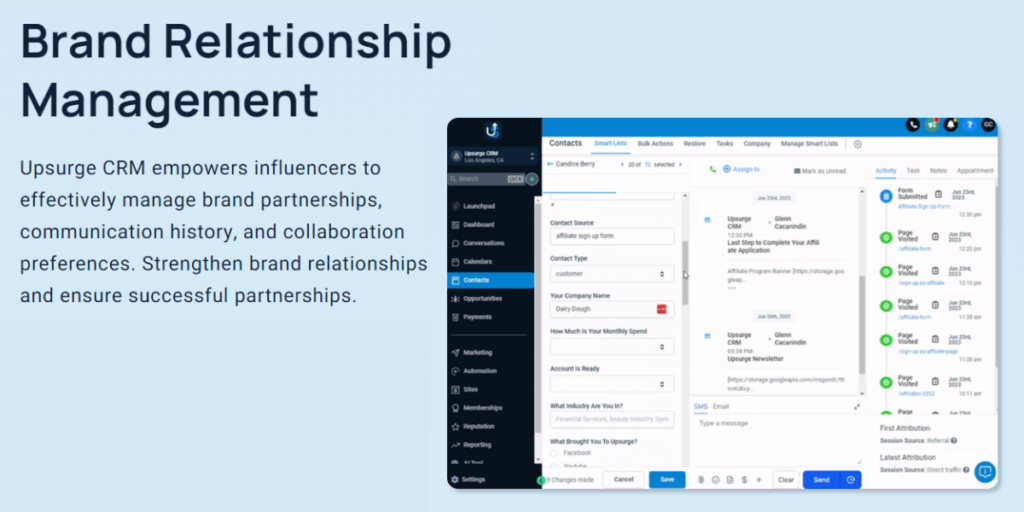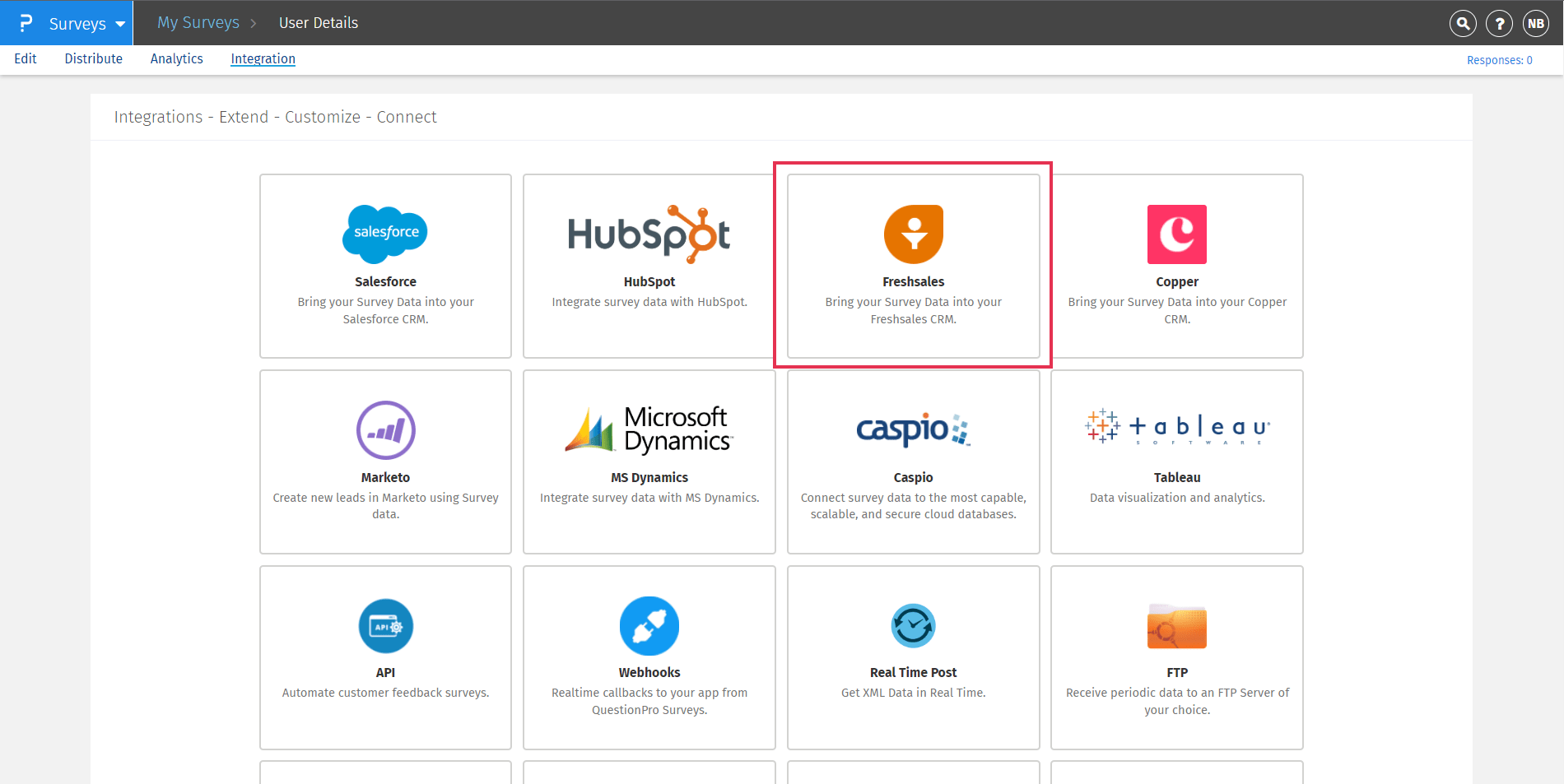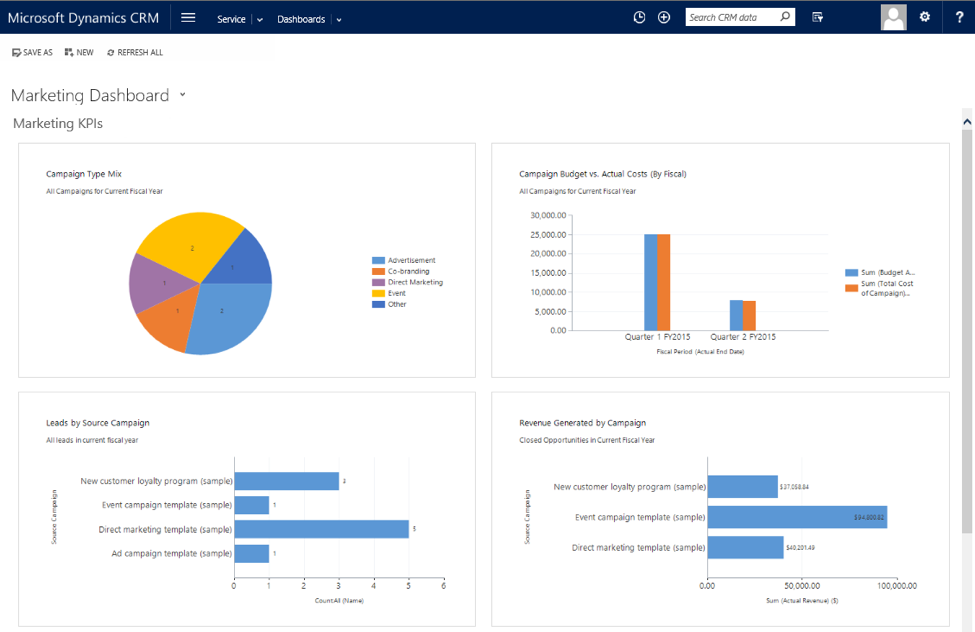Small Business CRM Optimization in 2025: A Comprehensive Guide to Boosting Customer Relationships and Growth

Small Business CRM Optimization in 2025: A Comprehensive Guide
The business landscape is constantly evolving, and in 2025, the importance of customer relationship management (CRM) for small businesses will be more critical than ever. It’s not just about having a CRM; it’s about optimizing it to its fullest potential. This comprehensive guide will delve into the strategies, tools, and best practices for small business CRM optimization in 2025, helping you cultivate stronger customer relationships, streamline operations, and drive sustainable growth.
Understanding the Core of CRM Optimization
At its heart, CRM optimization is the process of refining your CRM system to ensure it effectively meets your business needs and goals. This involves evaluating your current CRM setup, identifying areas for improvement, and implementing changes that enhance its performance. It’s about extracting the maximum value from your CRM investment, making it a powerful engine for customer engagement and business success.
Why CRM Optimization Matters
In a competitive market, customer experience is a key differentiator. Optimized CRM systems enable small businesses to:
- Improve Customer Satisfaction: By providing personalized experiences and prompt support.
- Increase Sales: Through targeted marketing and efficient sales processes.
- Enhance Customer Retention: By fostering loyalty and preventing churn.
- Streamline Operations: By automating tasks and improving data accuracy.
- Gain Actionable Insights: Through data analytics and reporting.
Key Areas of CRM Optimization in 2025
Optimizing your CRM involves focusing on several key areas. Let’s explore each of these in detail.
1. Data Management and Hygiene
Data is the lifeblood of any CRM system. In 2025, data management and hygiene will be paramount. This involves ensuring your data is accurate, complete, and up-to-date. Inaccurate data can lead to wasted marketing efforts, poor customer service, and missed sales opportunities.
Best Practices for Data Management:
- Data Cleansing: Regularly review and correct inaccurate data. Use tools to identify and merge duplicate records.
- Data Enrichment: Supplement your existing customer data with additional information from third-party sources to gain a more comprehensive understanding of your customers.
- Data Security: Implement robust security measures to protect sensitive customer data from breaches and unauthorized access.
- Data Compliance: Ensure your data practices comply with relevant regulations, such as GDPR and CCPA.
- Automation: Automate data entry and updates to minimize manual errors.
2. Customization and Personalization
A one-size-fits-all approach to CRM is ineffective. In 2025, CRM systems must be highly customizable to meet the unique needs of your business. This includes tailoring the system to your specific sales processes, marketing campaigns, and customer service workflows.
Customization Strategies:
- Workflow Automation: Automate repetitive tasks, such as lead assignment, follow-up emails, and task creation.
- Custom Fields: Add custom fields to capture specific customer information relevant to your business.
- Reporting and Dashboards: Create customized reports and dashboards to track key performance indicators (KPIs) and gain valuable insights.
- Integration: Integrate your CRM with other business tools, such as email marketing platforms, e-commerce platforms, and accounting software.
- Personalized Customer Journeys: Design personalized customer journeys based on customer behavior and preferences.
3. Sales Process Optimization
Your CRM should be a powerful tool for managing and optimizing your sales process. This involves streamlining your sales pipeline, improving lead management, and enhancing sales team performance.
Sales Process Optimization Techniques:
- Lead Scoring: Use lead scoring to prioritize leads based on their likelihood to convert.
- Sales Pipeline Management: Visualize your sales pipeline to track deals, identify bottlenecks, and forecast revenue.
- Sales Automation: Automate sales tasks, such as sending follow-up emails and creating sales quotes.
- Sales Analytics: Track sales performance metrics, such as conversion rates, deal sizes, and sales cycle length.
- Sales Training: Provide your sales team with ongoing training on how to use the CRM effectively and improve their sales skills.
4. Marketing Automation and CRM Integration
Marketing automation and CRM integration are critical for creating targeted marketing campaigns and nurturing leads. This involves integrating your CRM with your marketing automation platform to share data and create a unified view of your customers.
Benefits of Marketing Automation and CRM Integration:
- Targeted Marketing Campaigns: Create highly targeted marketing campaigns based on customer data and behavior.
- Lead Nurturing: Nurture leads through the sales funnel with automated email sequences and personalized content.
- Improved Lead Qualification: Qualify leads based on their engagement with your marketing campaigns.
- Increased Conversion Rates: Improve conversion rates by delivering the right message to the right customer at the right time.
- Marketing ROI Tracking: Track the ROI of your marketing campaigns and measure their impact on sales.
5. Customer Service and Support Enhancement
Your CRM should be a central hub for managing customer service interactions. This involves providing your customer service team with the tools they need to resolve customer issues quickly and efficiently.
Customer Service Optimization Strategies:
- Help Desk Integration: Integrate your CRM with a help desk system to manage customer support tickets.
- Self-Service Portals: Provide customers with self-service portals, such as knowledge bases and FAQs, to answer their own questions.
- Live Chat: Offer live chat support to provide real-time assistance to customers.
- Personalized Support: Provide personalized support based on customer data and history.
- Customer Feedback Collection: Collect customer feedback to identify areas for improvement and enhance customer satisfaction.
6. Mobile CRM and Accessibility
In 2025, mobility will be essential. Ensure your CRM is accessible on mobile devices, allowing your team to access customer data and manage interactions from anywhere, at any time.
Mobile CRM Features:
- Mobile Apps: Use mobile apps for access on the go.
- Offline Access: Ensure that your team can access essential data even without an internet connection.
- Push Notifications: Receive push notifications for important updates and alerts.
- Geolocation Features: Use geolocation features to track sales team activity and provide location-based services.
- Voice Integration: Allow voice commands for hands-free operation.
7. Analytics and Reporting
Data-driven decision-making is crucial. Your CRM should provide robust analytics and reporting capabilities to track key performance indicators (KPIs), identify trends, and make informed decisions.
Analytics and Reporting Features:
- Customizable Dashboards: Create customized dashboards to visualize key metrics.
- Real-Time Reporting: Access real-time reports on sales, marketing, and customer service performance.
- Predictive Analytics: Use predictive analytics to forecast future trends and identify opportunities.
- Segmentation: Segment customers based on various criteria to create targeted reports.
- Data Visualization: Use data visualization tools to present data in an easy-to-understand format.
Choosing the Right CRM for Your Small Business in 2025
Selecting the right CRM is a critical decision. Consider these factors:
- Scalability: Choose a CRM that can scale with your business as it grows.
- Features: Ensure the CRM offers the features you need, such as sales automation, marketing automation, and customer service tools.
- Integration: Ensure the CRM integrates with your existing business tools.
- Ease of Use: Select a CRM that is easy to use and navigate.
- Cost: Consider the cost of the CRM, including subscription fees, implementation costs, and ongoing maintenance.
- Support: Make sure the CRM provider offers adequate support and training.
Top CRM Systems for Small Businesses in 2025
Several CRM systems are well-suited for small businesses. Here are a few examples, though the best choice depends on your specific needs:
- HubSpot CRM: A popular choice for its ease of use, free features, and comprehensive marketing automation capabilities.
- Zoho CRM: Offers a wide range of features and integrations at a competitive price.
- Salesforce Essentials: A simplified version of Salesforce designed for small businesses, offering robust features and scalability.
- Pipedrive: A sales-focused CRM with a user-friendly interface and a strong emphasis on pipeline management.
- Freshsales: An AI-powered CRM with built-in phone, email, and chat support.
Implementing Your CRM Optimization Strategy
Once you’ve identified the areas for improvement and chosen the right CRM, it’s time to implement your optimization strategy. Here’s a step-by-step approach:
- Assess Your Current State: Evaluate your existing CRM setup and identify strengths and weaknesses.
- Define Your Goals: Set clear, measurable goals for your CRM optimization efforts.
- Develop a Plan: Create a detailed plan outlining the steps you need to take to achieve your goals.
- Implement Changes: Implement the changes outlined in your plan, such as customizing your CRM, automating workflows, and integrating with other tools.
- Train Your Team: Provide your team with training on how to use the optimized CRM effectively.
- Monitor and Measure: Track your progress and measure the impact of your optimization efforts.
- Iterate and Improve: Continuously monitor your CRM performance and make adjustments as needed.
Future Trends in CRM Optimization
The world of CRM is constantly evolving. Here are some future trends that will shape CRM optimization in 2025 and beyond:
- Artificial Intelligence (AI): AI will play an increasingly important role in CRM, automating tasks, providing insights, and personalizing customer experiences.
- Personalization: CRM systems will become more sophisticated at personalizing customer interactions based on individual preferences and behaviors.
- Integration with Emerging Technologies: CRM systems will integrate with emerging technologies, such as augmented reality (AR) and virtual reality (VR), to enhance customer experiences.
- Focus on Customer Experience (CX): CRM optimization will prioritize customer experience, with a focus on creating seamless, personalized interactions.
- Data Privacy and Security: Data privacy and security will remain a top priority, with CRM systems implementing robust measures to protect customer data.
Conclusion: Embracing CRM Optimization for Small Business Success
In 2025, CRM optimization will be a cornerstone of success for small businesses. By focusing on data management, customization, sales process optimization, marketing automation, customer service enhancement, mobile accessibility, and analytics, you can transform your CRM into a powerful engine for growth. By embracing these strategies and staying ahead of the curve, small businesses can build stronger customer relationships, streamline operations, and thrive in a competitive market.
Don’t just have a CRM; optimize it. Your customers, and your bottom line, will thank you.




